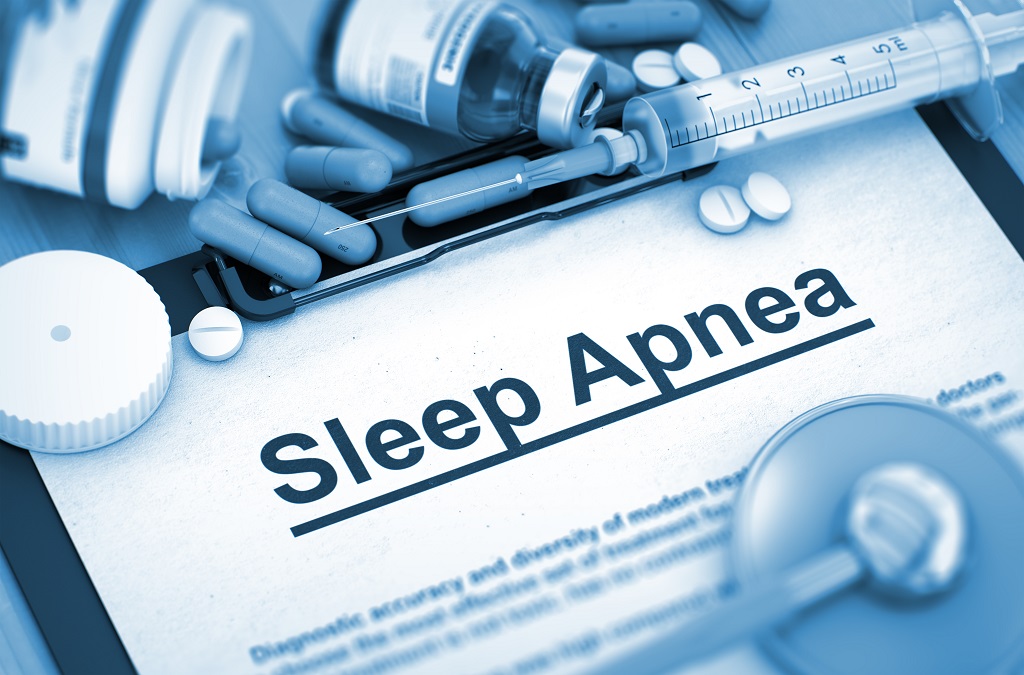
What is Sleep Apnea
Sleep apnea is serious sleep disorder where breathing stops and restarts repeatedly while sleeping. These breathing interruptions can happen hundred times an hour, depriving the brain and body of much-needed oxygen. If left untreated sleep apnea can intrude on daily activities. You feel sluggish when you are at work. If you are a student, your school performance can suffer greatly from your fatigue. exacerbate or cause related illnesses. Uncontrolled sleep apnea can lead to heart issues such as irregular heartbeats and heart attacks. Chronic fatigue can be the cause headaches, stroke, and depression, but most of all the lack of sleep caused by sleep apnea can wreak havoc on diabetes.
What Is Diabetes
Diabetes is an umbrella term for a number of diseases that affect the way the body handles the hormone insulin. When one is diabetic the body makes little or no insulin or does not respond properly to insulin which causes major fluctuations in blood sugar. Symptoms of diabetes include excessive thirst, frequent urination, increased hunger, weight loss, and tiredness. There is no cure for diabetes, patients must rely on maintenance to treat their disease. Maintenance includes diet, exercise, and healthy sleep habits.
Sleep Apnea and Diabetes are Connected
Sleep Apnea is the most common sleep disorder among people with diabetes. Lack of sleep can cause a hormonal imbalance in your body, including the hormone insulin. The lack of energy from sleep can cause you to eat more to try to build energy, excess food, especially carbs and sugar can cause your blood sugar to rise, making it more difficult to sleep. It becomes a cycle that is hard to break. Sleep is also the time where your body repairs itself, diabetics tend to heal slower than nondiabetics, sleep apnea deprives the body of oxygen which is crucial to the healing process. Those with diabetes and sleep apnea could face prolonged healing times for injuries and wounds. Excess weight is also a condition seen in both diabetes and sleep apnea. Lack of proper sleep makes it more difficult to exercise and lose weight thus igniting another cycle. High blood sugar levels lead to frequent urination leading you to get up frequently to go to the bathroom. This can also make you feel dehydrated which leads you to seek out more water and thus back to urination all hours of the day. In order to break the cycles of the various symptoms caused by sleep deprivation, it is crucial to test for and subsequently treat sleep apnea.
Treating Sleep Apnea is Crucial
If the patient is becoming routinely exhausted or snores frequently, then a test should most definitely be performed. Testing for sleep apnea is often done in a lab setting. During your night at the lab, you are hooked up to equipment that monitors your heart, lung, and brain activity. Also monitored are your breathing patterns, movements, and oxygen levels in your blood.
Not as well know is the home test for sleep apnea. Patients often find sleeping in unfamiliar places to be difficult, not to mention when they are being monitored by a physician while being hooked up to machines.Sometimes other conditions such as anxiety limit the patient’s ability to do a conventional sleep study. Another problem is that some patients either cannot afford or simply do not want to submit to a conventional sleep study. The home sleep apnea test, however, can help the medical professional to work around this limitation. The test can be done at your convenience and in the comfort of your own bed. The home test for sleep apnea monitors multiple factors such as breathing patterns, your movements, your brain activity, and how often your apnea occurs. At home testing is about a third of the cost of traditional in-lab sleep studies and is covered by a lot of the insurance companies thus benefitting the patient by costing less in monetary value as well as saving time and being convenient.
No waiting for appointments, no traveling to a lab, you will be on your way to treat and manage all of your symptoms in no time. As your symptoms improve so will your quality of life. Your work and school performances will boost your energy returns. You will feel healthier and safer as you no longer live your life in a fog of sleepiness. Your appetite should normalize, enabling you to better control your diabetes symptoms. All it takes to achieve this is to do a simple diagnostic sleep apnea test in the comfort of your own home.
VirtuOx is the leader in home sleep tests and pulse oximetry.
Click the link below to get more information plus to receive a FREE Report…